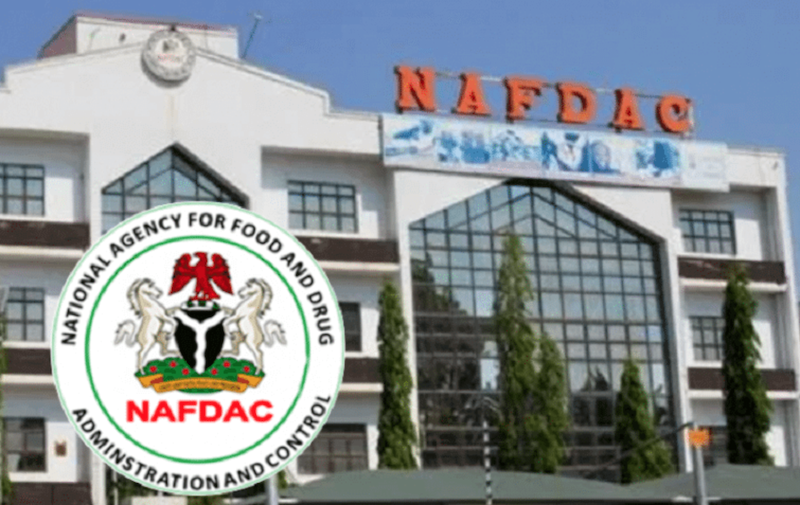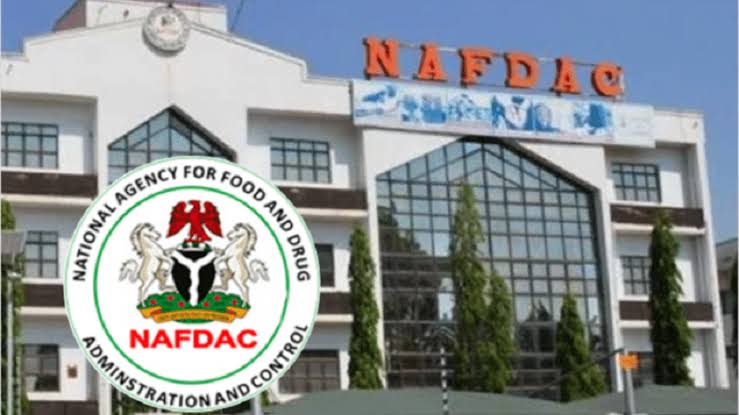The National Agency for Food and Drug Administration and Control (NAFDAC) has released a list of possible adulterated drinks circulating in the country.
NAFDAC released the list on Monday in Abuja, saying it recently burst some producers of the counterfeit wine, soft drinks and other consumables in Eziukwu Market in Aba, Abia state.
The Director-General (D-G) of the agency, Prof Mojisola Adeyeye, who disclosed this to newsmen at a press briefing, stated that the operation was carried out following a leaked information to the agency.
She said that NAFDAC carried out several weeks of intelligence gathering and collation of data on the activities of these ‘merchants of death’ in collaboration with other security agencies.
The NAFDAC boss said that the agency carried out the sting operation in the market to burst the criminal operation taking place there.
According to her, “it is worthy of note that this dastard activity has been going on for a long time and that they operate like a cartel threatening anyone who dares to challenge them.”
She said that some of the nefarious activities of the counterfeiters included the manufacture of all kinds of adulterated products, especially different kinds of wine from a wide variety of brands, ranging from Seaman, Schnapps, Henessy, Four cousins, and Carlo Rossi.
Others are Jenney, Chelsea London dry gin, Schnapp dry gin, McDowells, Black labels, Gordons, Martell, Campari, Smirnoff ice, Eva Non-Alcoholic drink, Evra non-alcoholic drink, Cartel and others.
The D-G said that there is also date revalidation for expired products like Peak milk, powdered milk, Ketchups, Yoghurt, Coca-Cola products, packaging of fake and substandard products, which are later sold to unsuspecting members of the public for consumption.
Adeyeye said because of the extensive operation, the agency raided over 240 shops-turned factories where the harmful products were being produced and marketed.
“The shops-turned factories are very filthy, using water from very unhygienic sources, harmful chemicals, saccharin, colouring, dirty recycled bottles, and cloned packaging materials of other brands.
“The adulteration of alcoholic beverages by criminal elements in the country is done by mixing of cheaper sources of sugar and starch besides grapes or fruits, among other harmful chemicals unsuitable for human consumption.
“Over 1,500 cartons of fake and substandard products were destroyed during the operation while 300 cartons were evacuated to NAFDAC warehouse. The street value of the confiscated and destroyed fake products is estimated at over N750 million.
“Ten people were arrested on arrival at the scene of the crime and will be charged to court after a thorough investigation.
“Due to the sheer magnitude of illegality going on in that section of the market, NAFDAC had to shut the entire market for thorough regulatory activity until an agreement was reached with all stakeholders who signed that the market will never be used for nefarious activities.
“Drinking adulterated alcohol can cause nausea and vomiting, abdominal pain, drowsiness, and dizziness, blue tinged or pale skin, irregular or slow breathing, low body temperature, unconsciousness or even death.
“It can also lead to kidney and liver failure. Methanol, a substance which can be used in fake vodka, may cause permanent blindness,’’ she stressed.
The NAFDAC boss said that the World Health Organisation (WHO), in its Global Status Report on Alcohol and Health, estimated that more than three million people died all over the world as a result of alcohol poisoning.
She also stated that the International Agency for Research on Cancer (IARC) had also ascertained that one of every 10 cancer cases in Nigeria can be traced to Alcohol and 4.7 per cent of overall cancer cases in Nigeria in 2019 could also be attributed to consumption of adulterated alcohol.
Adeyeye urged Nigerians to remain vigilant, saying that the agency was also tasking consumers to always scrutinize branded drinks to distinguish them from counterfeits before consumption.
The D-G advised members of the public to be careful during this yuletide season and think about the “4 Ps”, which are Place, Price, Packaging and Product before purchasing alcohol.
She advised consumers of alcohol to always inspect the seal on the bottle, look for the contact information and address of the manufacturer, adding that if it is missing, then then drink is fake.
According to her, “if you have an app on your mobile phone that scans bar codes, scan it and see if it’s listed as the correct product.
“People should be wary of bad smells that smells like paint stripper or nail polish remover. These are added to these fake drinks.”
She said that NAFDAC would continue to ensure that the level of counterfeit products nationwide is brought to the barest minimum, saying that its aim was for people to continue to consume only healthy and safe products.
The NAFDAC boss pledged to be on the trail of these evil counterfeiters, and bring them to book, while enjoining the public to report any suspicious activity of illegal producers of adulterated products or similar activities to the nearest NAFDAC office nationwide.






